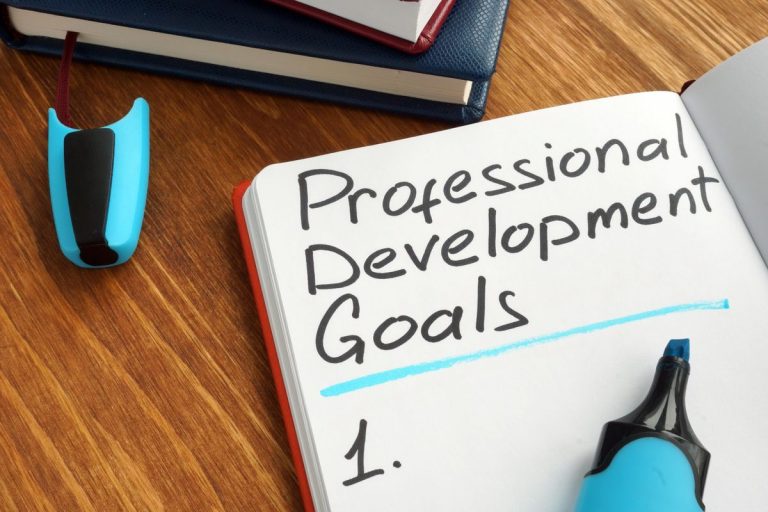In today’s modern-day workplace where our homes have also become our offices and our children’s schools, managing both work and life seems to creates an imbalance. Many organizations are becoming people-centric and putting more emphasis on the need for employees to create a work-life balance. As many settle into permanent hybrid working arrangements, it’s more important than ever to keep a close eye on maintaining a healthy work life balance. Balancing your professional and personal life is challenging but essential. In most scenarios one often takes precedence over the other. Read here to find out about women facing the brunt of the pandemic.
Divide and Delegate
Work
One of the limitations we face at work is the fear of delegation. We fear that there are chances the work won’t be done in the manner that we expect. However, like we read in the previous blog it is important to communicate clearly and delegate as much as possible, in order to free up space to focus on innovation and creativity that you can source for yourselves. The more transparent you are with your team and are able to show your trust in their week, you get closer to creating a happy workplace for yourself and your team.
Home
Most families live in a nuclear setup where the ideal thing to do is to delegate and divide responsibilities. Irrespective of the family setup, most child rearing and house hold chores are often considered to be the responsibilities of the woman. Do not let society and media make you believe that you need superpowers to run your home and offices. An ideal case scenario here will be to communicate with your spouse or house help and divide various responsibilities so you can manage time well and get some well-deserved me-time.
Focus on what Matters
Guilt often takes centerstage while we as women try to take responsibility of everything. We feel that our houses should be organized and clean, our kids must be well mannered and given attention 24/7. Failure to doing so gives birth to guilt. And that usually is a major reason that takes a toll on your life. Ask for help where you can. You may be the best at every role you play, but you need to understand that it is okay to hire a caregiver or order food from outside every once in a while.
On days that you need to binge watch a series, ask people in the house to pitch in. This works in more than one way. A happy and calm mind always gives you more time and space to doing things productively, freeing up some space for exploring things that you always wanted to do.
Always keep learning
As you free up time for yourself, it is advisable to use your time creatively. Learn something new weekly. Look at ways you can get creative and upskill. Some advisable options will be to read, to listen to podcasts and learn from people who are not only inspirational but also note a point or two from their challenging life journey.
Embrace and limit the use of technology for your benefit
Technology has brought a very big change in our personal as well as professional lives.
Things are not only easier but also faster. At the same time, technology is also clogging our minds. However, some practices can limit the effect technology has on our lives. For example, if you are watching a movie with your family avoid checking emails in between. Do not attend work calls while playing with your kids. Most important is do not let technology follow you to your bedrooms.
Demarcate your boundaries
Since work-from-home is a globally accepted concept, there is no reason to get intimidated with daunting work hours. All you need to do is ensure you are able to clearly demarcate your boundaries and maintain a flexible work-life schedule. What this clearly means is that if you are anticipating a work meeting post-closing hours, take some time off during your work hours to run your home errands.
Maintaining a work-life balance is important and make you less susceptible to burnout, puts more focus on the things that matter (both at work and in life), and lessens stress — allowing you to be healthier, both mentally and physically. Click here to know more on how you can bring about the change in your life.







